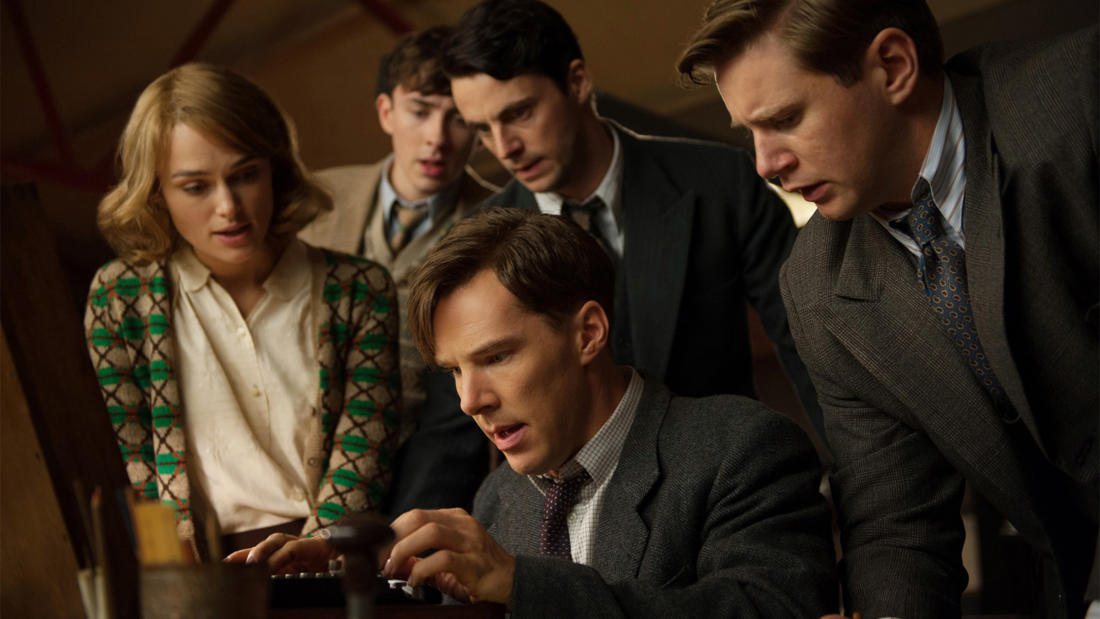
The Gem Bethel, ME
Paul Gies
Associate Professor of Mathematics, University of Maine Farmington
The Imitation Game— Thinking in code: Alan Turing and the Enigma Machine
Program Description
Mathematician Paul Gies discusses the cryptographic genius and accomplishments of famed mathematician, code-breaker, and ur-computer-scientist Alan Turing.
Presented At
The Gem Bethel, ME
Film Synopsis
During World War II, mathematician Alan Turing tries to crack the enigma code with help from fellow mathematicians.
Told via flashback, The Imitation Game tracks the young, brilliant, and socially awkward mathematician Alan Turing (Benedict Cumberbatch) in the early days of World War II as he applies for a top-secret position tasked with decoding the “unbreakable” Nazi cipher machine called Enigma, used to encrypt all military radio transmissions. Turing's team, including Joan Clarke (Keira Knightley), analyzes Enigma messages while he builds a machine to decipher them. His work was famously labeled by Winston Churchill as “the greatest single contribution to victory.” But after the war he suffered great personal and professional turmoil, as he dealt with his homosexuality in a time when it was illegal. The film was nominated in eight Academy Awards, including Best Picture, Best Director, Best Actor, and Best Supporting Actress. It won for Best Adapted Screenplay.
About the Speaker
Paul J. Gies likes to say that while he was not actually born on Pluto, his home asteroid was destroyed by Zerkons. He also likes to say that after receiving his English degree from Iowa, and working for 10 years, he applied for graduate school in English, but evidently he put down the wrong code number and ended up in mathematics. Every time he went to change it, the line was too long, so at last Gies found it easier simply to write a thesis in math. It's easier than trying to explain how a child of a math-phobic father and a medieval historian mother, born in Connecticut, wound up with a bachelor's degree in English from Iowa and a math PhD from Illinois, and found a job teaching in Maine. The truth is that the job announcement from UMF looked too good to be true; the job turned out to be even better than it had looked; and that once there, he realized he was in the right place to teach, to mentor students, and to write, write, write.